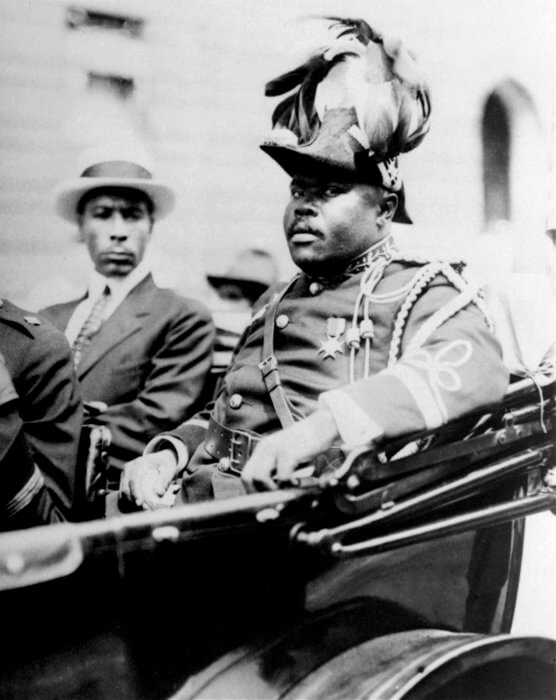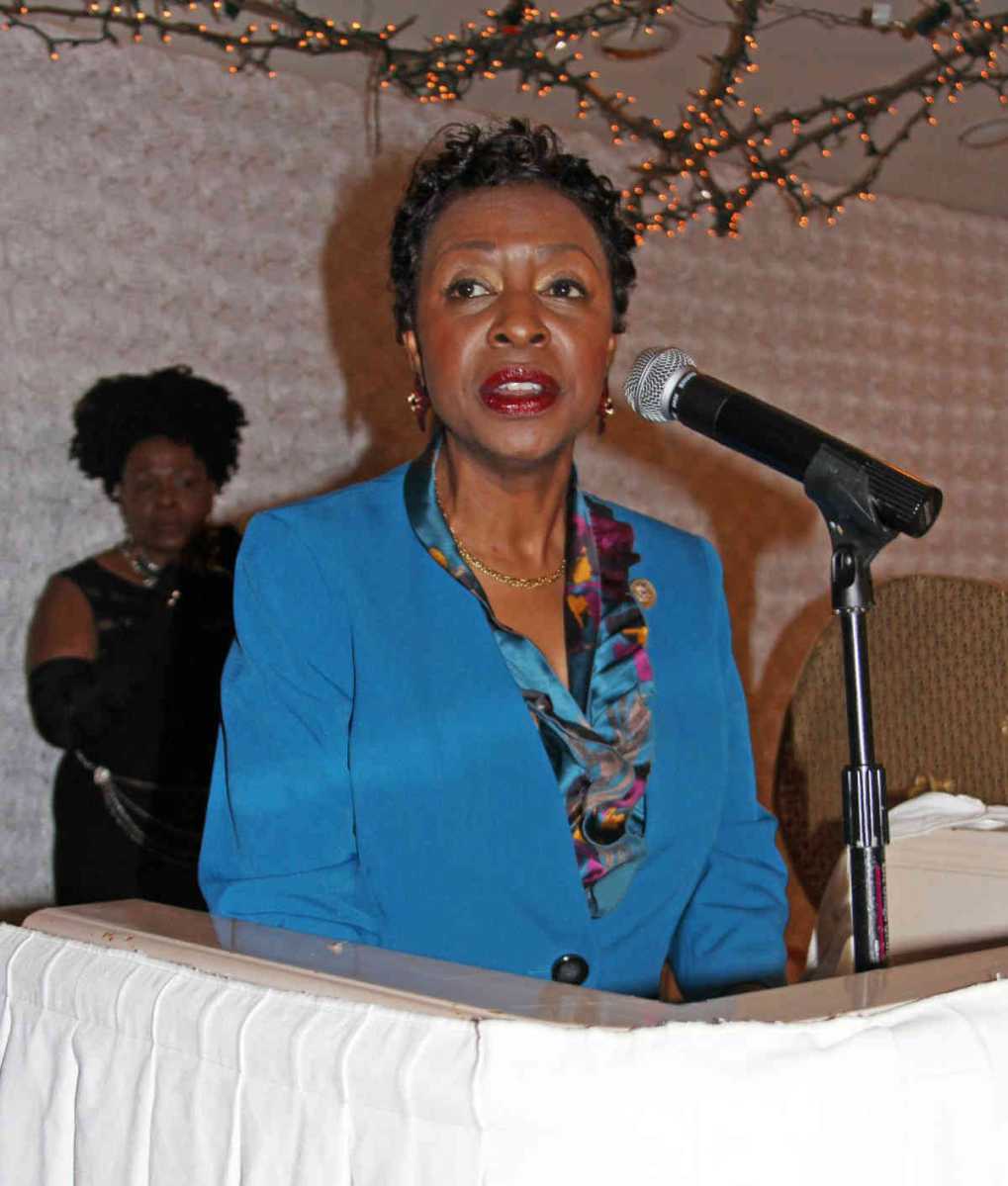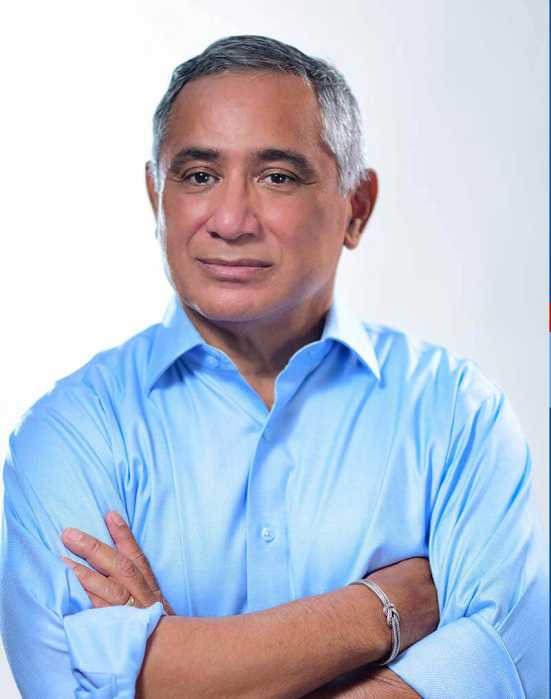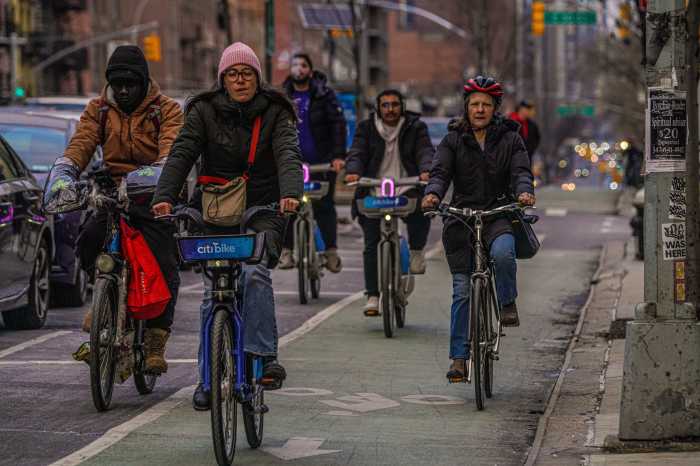Caribbean American Democratic Congresswoman Yvette D. Clarke on Monday led 22 of her Congressional colleagues in a letter to United States President Joe Biden calling for the exoneration of Jamaica’s first national hero, Marcus Mosiah Garvey.
“We write with due respect to express our strong support for the April 18, 2023, request for a posthumous pardon of Marcus Mosiah Garvey’s 1923 conviction for fraudulent use of the mail, submitted to your administration,” say the congressional representatives in their letter. “Nearly 100 years ago, Marcus Garvey was convicted of mail fraud in a case that was marred by prosecutorial and governmental misconduct. As a result of this injustice, President Calvin Coolidge commuted Garvey’s sentence upon eligibility.
“The evidence present and available at our disposal paints an abundantly clear narrative that the charges brought against Marcus Mosiah Garvey were not only fraudulent, but executed in bad faith,” the letter adds. “A Presidential pardon for Mr. Garvey would correct the historical record and shift the narrative during a time when African-American history faces the existential threat of erasure by radical state legislatures. More importantly, exoneration would reaffirm our commitment to a criminal justice system that guarantees de facto equity under rule of law.
“Marcus Garvey’s contributions and influence are interwoven into the fabric of American history,” it continues. “His works have influenced leaders from Martin Luther King, Jr. to Nelson Mandela, inspiring generations of leaders and planting the seeds for the civil rights movement.”
The congressional representatives note that, as the founder of the Universal Negro Improvement Association and African Communities League, Garvey inspired nearly six million people across 40 countries with a message of social progress through economic prosperity.
They also write that, although President Coolidge commuted his sentence, Garvey was immediately deported and never permitted to return to the United States, stating that calls for Garvey’s exoneration have been constant since his conviction.
“Many people had supported pardon efforts during Garvey’s lifetime and have continued to do so posthumously,” they write. “Congressional efforts to rectify this matter began in 1987, when then-Congressman, John Conyers held a Judiciary Committee hearing regarding Garvey’s unfair trial.”
Since then, the representatives say that Congressional resolutions have been introduced by former Congressman Charles Rangel, of Harlem, and, most recently, by Clarke, seeking to clear Garvey’s name.

“In light of Marcus Garvey’s sustained efforts to uplift and empower peoples of African descent, his determination to build communities through economic independence, and his lasting impact on society, we find it imperative that Mr. Garvey be exonerated by way of a posthumous pardon,” the congressional representatives say. “The passage of time has confirmed his place in history but has not removed the stain of this injustice from his legacy.
“Mr. Garvey’s vision of racial justice has been honored by governments around the world; this is the US government’s opportunity to honor his work for the Black community and remove the unjust stain on his legacy,” they add. “Furthermore, this is an opportunity for the Biden Administration to renew and deliver on its inaugural promise of delivering racial justice. We appreciate your time and consideration regarding this pertinent matter.”
In February, Clarke, the daughter of Jamaican immigrants, and Georgia Congressman Hank Johnson introduced legislation in the United States House of Representative calling for Garvey’s exoneration and identifying him as a champion for the liberation of people of African descent.
“The world deserves to know the truth about Marcus Mosiah Garvey and the truth about Black history,” said Clarke, who represents the predominantly Caribbean 9th Congressional District in Brooklyn.
“I was raised under the teachings of Marcus Garvey,” added the first vice-chair of the Congressional Black Caucus. “I was raised to believe that we must come together to do the necessary work to improve our communities. And I was raised with the Garvey commitment to social service, including an abundance of faith in God.
“It’s time to reclaim Garvey’s legacy and accomplishments as a human rights activist before Congress, America, and the world,” Clarke continued.
She said the resolution “exonerates Garvey of his unfounded charges and calls upon President Biden to recognize and denounce the racist smears against him and his legacy.
“America must right these wrongs and restore Garvey’s legacy,” the congresswoman urged. “And the time to do it is now.”
Johnson, who represents Georgia’s 4th Congressional District, said the exoneration of Garvey is “an idea whose time has come.
“The utter lack of merit to the charges on which he was originally convicted, combined with his profound legacy and contributions to Black history in our country – it’s time to right this fundamental wrong,” he said.
“I’m honored to cosponsor this important resolution with my esteemed colleague, Congresswoman Yvette Clarke, particularly during Black History Month,” Johnson added. “And, as the campaign to exonerate Marcus Garvey has been steadily growing, it’s time to correct this injustice.”
Garvey was a Jamaican-born Black nationalist and leader of the Pan-Africanism movement, which sought to unify and connect people of African descent worldwide.
In the United States, he was a noted civil rights activist, who founded the Negro World newspaper, a shipping company called Black Star Line, and the Universal Negro Improvement Association (UNIA).
Hailing Garvey as a human rights activist, the resolution seeks to preserve Garvey’s legacy by exonerating him of unfounded charges brought against him by the US Government and calls for the US President to take necessary action towards clearing his name.
Marcus Garvey (1887-1940) was a civil rights activist for the Black Nationalism and Pan-Africanism movements, to which end he founded UNIA and African Communities League.
In 1922, Garvey and three other UNIA officials were charged with mail fraud involving the Black Star Line. On June 23, 1923, Garvey was convicted and sentenced to prison for five years.
He appealed his conviction, claiming to be a victim of a politically-motivated miscarriage of justice, but it was denied. In 1927, Garvey was released from prison and deported back to Jamaica, where he continued his political activism.
Eight years later, he moved to London, where he died, in 1940, after several strokes. Garvey’s body was interred in London in view of travel restrictions imposed during World War II.
However, in 1964, his remains were exhumed and taken back to Jamaica, where the government proclaimed him Jamaica’s first national hero and re-interred him at a shrine in the National Heroes Park.



























